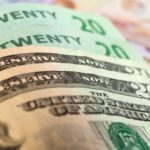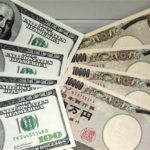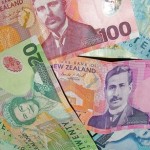Nike Inc.s fiscal first-quarter earnings rose 38% as revenue for the athletic-gear giants brand posted revenue growth in its main brand and wider margins.
Shares were up 6.1% at $74.66 in after-hours trading as Nikes earnings beat Wall Street estimates expectations.
Nike, whose stock debuted on the Dow Jones Industrial Average this week, has benefited from strong demand for athletic gear in the U.S. and many markets abroad. In the most recent period, the key basketball and running categories performed well, as did soccer and mens training. Strength in those segments offset a slight decline in sportswear, according to the company.
Revenue was up 9% in the U.S. Sales in Western Europe grew by 11%.
On average, revenue for the Nike brand rose 7% in the period, excluding currency fluctuations. The company now includes results for the Hurley and Nike Golf brands in the overall results for the namesake brand. Converse, likewise, will be reported as a separate segment, the company said.
The athletic-gear maker continued to report meager results in its greater China operations. Nike said sales in greater China fell by 0.52% to $574 million. The company in June said it expected lower China revenue in the first half of the fiscal year, with stabilization coming in the second half.
World-wide Nike brand future orders–an indicator of future growth–rose 8%, compared with growth of 6% in the year-ago period. For the heavily scrutinized greater China segment, Nike reported 3% growth in future orders, but excluding currency impacts, they were 2%.
For the quarter ended Aug. 31, Nike reported a profit of $780 million, or 86 cents a share, up from $567 million, or 63 cents a share, a year earlier raising well above analysts expectations.
Revenue increased 7.7% to $6.97 billion. Nike in June said it expected revenue growth at a mid- to high-single-digit rate.
Gross margin widened to 44.9% from 43.7%, above the companys June prediction of margins remaining flat.
During the period, Nike said it repurchased a total of 8.4 million shares for approximately $526 million as part of the four-year, $8 billion program. As of the end of the quarter, the company had bought back a total of 23.7 million shares under the program at a total cost of about $1.3 billion.





